Table of Contents
Biohacking sleep has emerged as a powerful movement in 2025 for those seeking optimal rest, improved recovery, and enhanced overall well-being. As technology, science, and personalized health converge, biohackers are leveraging advanced strategies to fine-tune their sleep cycles. In this article, we’ll uncover 7 cutting-edge sleep biohacks backed by the latest research, and share actionable steps you can integrate into your nightly routine for maximum benefit.
Biohacking sleep involves using science-driven techniques, technology, and lifestyle adjustments to enhance sleep quality, duration, and recovery. In 2025, methods like wearable tech, light therapy, and targeted supplementation are helping people achieve deeper, more restorative rest.
Why Biohacking Sleep Matters More Than Ever
In today’s fast-paced world, quality sleep is increasingly elusive. Chronic sleep deprivation has been linked to:
- ✅ Impaired cognitive performance
- ✅ Weakened immune function
- ✅ Mood disorders such as anxiety and depression
- ✅ Metabolic issues including weight gain
Biohacking sleep offers proactive, data-informed ways to reverse these trends and support vibrant health.
🧠 Why Sleep Biohacking Is Booming in 2025
In today’s hyper-connected world, quality sleep is the new superpower. Despite the rise of productivity culture, science proves that deep, restful sleep is essential for:
- Brain function and memory
- Hormonal balance
- Weight management
- Emotional resilience
- Immune health
Yet, millions still struggle with insomnia, screen fatigue, and sleep fragmentation. This is where sleep biohacking comes in—combining science, tech, and lifestyle upgrades to optimize your sleep at a biological level.
🌙 “You can’t improve what you don’t measure. Biohacking helps you do both.”
⚙️ What Is Sleep Biohacking?
Biohacking sleep involves using tools, habits, supplements, and devices to enhance the quality and efficiency of your rest.
Instead of simply “sleeping longer,” biohackers aim to:
- Improve deep sleep (NREM stage 3)
- Enhance REM sleep for memory consolidation
- Reduce sleep latency (time to fall asleep)
- Minimize night wakings and disturbances
Tools like wearables, blue-light blockers, sound therapy, and nutritional support are now more affordable and science-backed than ever.
- Related post: 7 Empowering Ways to Set Boundaries at Work Without Feeling Guilty
- Read also: Midlife Reset: 8 Habits That Helped Me Rebuild Confidence & Income at 45
- Explore: Functional Fitness for Beginners: Exercises for Real-Life Strength
🛌 Top 10 Biohacking Tips to Supercharge Sleep in 2025
1. 🕰️ Sync with Your Chronotype
Everyone has a natural body clock—early bird or night owl. In 2025, apps like Rise and Sleep Cycle now help you identify your chronotype and optimize your sleep window.
✅ Biohack: Align your bedtime with your natural melatonin production (usually 10 PM–11 PM for most).
2. 🔵 Use Blue Light Blockers Post Sunset
Blue light from phones, laptops, and LEDs disrupts melatonin production.
- Use blue-light blocking glasses after 7 PM
- Set phone to Night Shift or Eye Comfort mode
- Install apps like f.lux or Iris on desktops
✅ This hack alone can reduce sleep latency by 30–40%.
3. 💤 Master Sleep Environment with Smart Tech
Your room should be cool, dark, and silent. Use:
- Blackout curtains or sleep masks
- White noise machines or brown noise apps
- Smart thermostats to keep temp at 65–68°F (18–20°C)
- Smart bulbs that mimic sunset light
✅ New in 2025: Smart mattresses that auto-adjust firmness and temperature.
4. 📉 Track Sleep with Wearables
Wearables like:
- Oura Ring Gen 4
- Whoop 5.0
- Apple Watch Ultra
Now give detailed analytics on:
- Sleep stages
- Heart rate variability (HRV)
- Body temperature
- Sleep efficiency
📲 Use data to spot caffeine sensitivity, late-night anxiety spikes, or inconsistent routines.
5. 🍵 Try Natural Sleep-Supportive Supplements
Sleep stacks popular in 2025 include:
- Magnesium Glycinate – Calms the nervous system
- L-Theanine – Promotes alpha brain waves (relaxation)
- GABA – Reduces anxiety and cortisol
- Apigenin – Natural compound in chamomile
- Glycine – Helps lower core body temperature for deeper sleep
✅ Bonus: Try herbal blends with Valerian root, Reishi mushroom, or Lemon balm.
6. 🧘♂️ Use Neurofeedback or Binaural Beats
Apps like Brain.fm, Endel, or SleepSpace use AI-generated music or frequencies that:
- Lower brainwave activity
- Induce relaxation
- Synchronize with your circadian rhythm
✅ Users report deeper sleep in less time using these sound-based hacks.
7. 🧬 Hack Your Evening Routine
Sleep starts before you hit the bed. Wind down with a ritual:
- No caffeine after 2 PM
- 10 minutes of stretching or yoga
- Journaling or reading (not screens)
- Breathing exercises like 4-7-8 technique
- Aromatherapy: Lavender, sandalwood, or vetiver
✅ Repeat this routine consistently to train your brain for faster and deeper sleep.
8. 🌞 Get Sunlight Within 30 Minutes of Waking
Your circadian rhythm is set by light exposure.
- Get outside for 10–20 minutes in the morning
- No sunglasses
- Ideally combine with a walk or light movement
✅ This resets melatonin production for the next night.
9. 🧊 Use Cold Exposure in the Evening
Light cold exposure (like a cold shower or cool bath):
- Lowers core body temp
- Slows heart rate
- Promotes deep sleep
✅ Try for 2–3 minutes under 18°C water or use a cooling gel pad.
10. 🛏️ Try a Gravity or Weighted Blanket
Weighted blankets provide:
- Gentle pressure stimulation
- Reduced cortisol
- Increased serotonin and melatonin
✅ Choose a weight that’s 10% of your body weight.
7 Additional Cutting-Edge Biohacking Sleep Tips for 2025
- Leverage Wearable Sleep Trackers
Modern devices like Oura Ring Gen 4 and WHOOP 5.0 provide detailed insights on sleep stages, HRV, and disturbances, allowing precise adjustments. - Optimize Light Exposure
Use blue light blockers after sunset and bright light therapy in the morning to align your circadian rhythm. - Smart Mattress Technology
Invest in AI-powered mattresses that adjust temperature, firmness, and sleep positioning in real-time. - Timed Supplementation
Consider magnesium glycinate, glycine, or melatonin micro-dosing (consult a healthcare provider first). - Soundscapes and Binaural Beats
Use audio tools scientifically shown to encourage deeper stages of sleep. - Breathwork and HRV Training
Techniques like 4-7-8 breathing and HRV biofeedback reduce pre-sleep anxiety. - Digital Detox 60 Minutes Before Bed
Eliminate screen time to enhance melatonin production naturally.
Comparing Biohacking Sleep Tools 📊
| Tool | Function | 2025 Update |
|---|---|---|
| Oura Ring | Tracks sleep stages, HRV, temperature | Gen 4 adds glucose variability tracking |
| WHOOP | Continuous recovery & strain monitoring | WHOOP 5.0 offers enhanced sleep coach AI |
| Eight Sleep Pod | Temperature regulation mattress | Now uses AI for micro-adjustments |
Integrating Biohacking Sleep Into Your Lifestyle
Start with small, sustainable changes:
- ✅ Pick one wearable or sleep tool to track progress
- ✅ Adjust bedroom lighting and temperature
- ✅ Build a consistent wind-down routine
- ✅ Review data weekly to refine strategies
Related post: How to Overcome Decision Fatigue: Simple Strategies for a Clearer Mind
Potential Pitfalls to Avoid
While biohacking sleep offers powerful advantages, watch for:
- 🚫 Over-reliance on technology without listening to your body
- 🚫 Trying too many hacks at once, leading to overwhelm
- 🚫 Using unproven supplements without guidance
Conclusion
Biohacking sleep in 2025 empowers individuals to take charge of their rest with precision tools, science-backed strategies, and personalized tweaks. By blending technology with mindful practices, you can transform your nights and supercharge your days. Start small, track your progress, and adjust as you go—your future self will thank you.
Is 7 hours of sleep enough if it’s deep sleep?
For most adults, yes. Deep sleep is more important than duration alone. Aim for 1.5–2 hours of deep sleep nightly.
Can biohacking replace sleep medication?
In some cases, yes—especially for mild insomnia. However, consult your doctor before stopping medications.
Are sleep trackers accurate?
While not 100% precise, wearables like Oura and Whoop offer valuable sleep pattern insights over time.
Is it OK to sleep with binaural beats or white noise all night?
Yes. Many people find it enhances sleep quality—just keep volume low to avoid ear fatigue.
What is biohacking sleep?
Biohacking sleep means using science, technology, and lifestyle techniques to improve sleep quality, duration, and recovery.
Are wearable sleep trackers accurate?
Modern devices like Oura Ring and WHOOP are highly accurate for personal use, offering useful trends and insights.
Is melatonin safe for sleep biohacking?
Low-dose melatonin may help in some cases, but it’s best to consult a healthcare provider for guidance.
How soon can I expect results from sleep biohacking?
Some changes, like light optimization, show benefits within days; others may take weeks of consistent use.
Can biohacking sleep replace medical advice?
No. Biohacking should complement, not replace, medical advice for sleep disorders or health conditions.
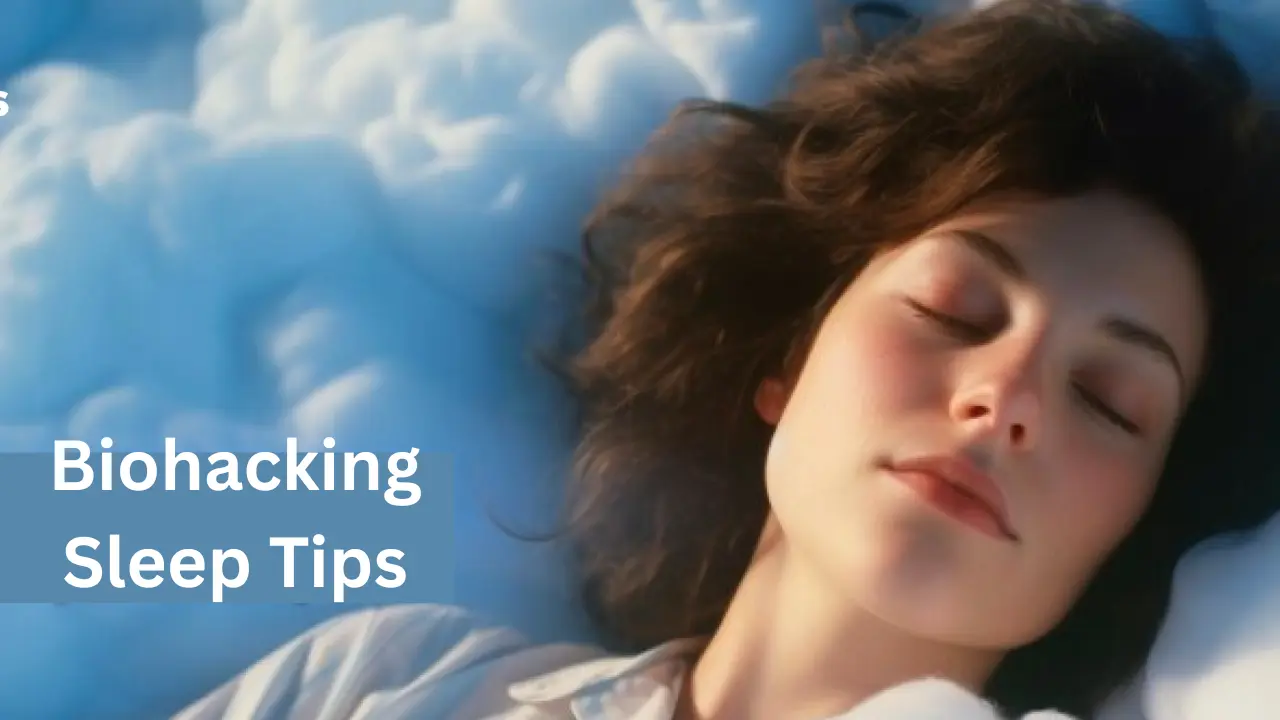
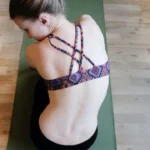
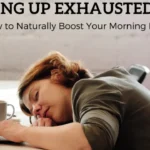
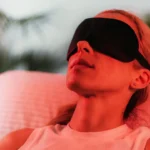
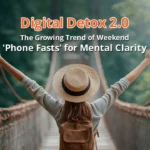


2 thoughts on “Biohacking Sleep Tips: 7 Cutting-Edge ways for Optimal Rest in 2025”